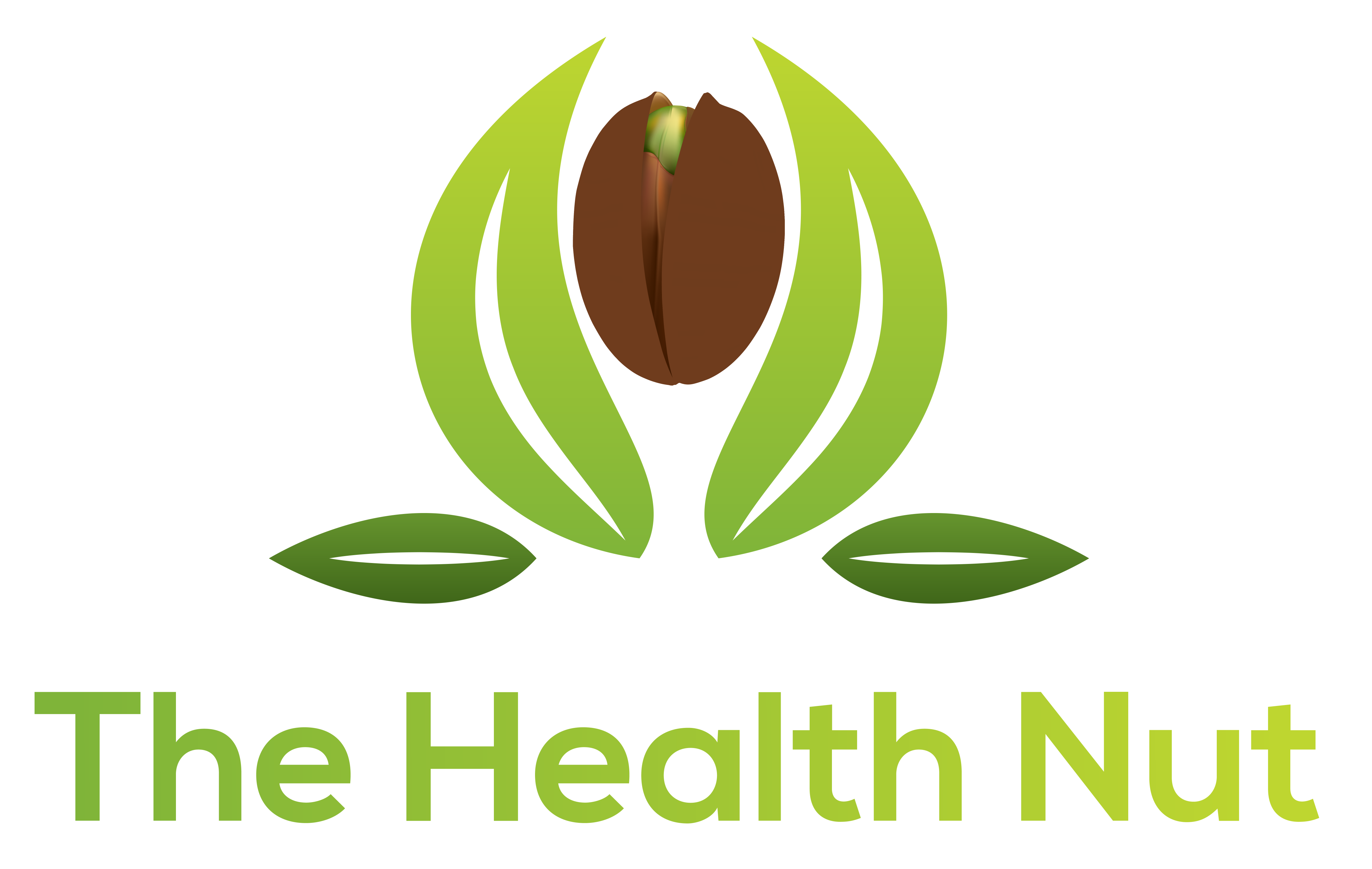What food should you eat for good Prostate health
The Health NutWhat you eat will impact your health and the same goes for your prostate gland. Let’s break it down and backtrack a little. What does your Prostate gland do for you?
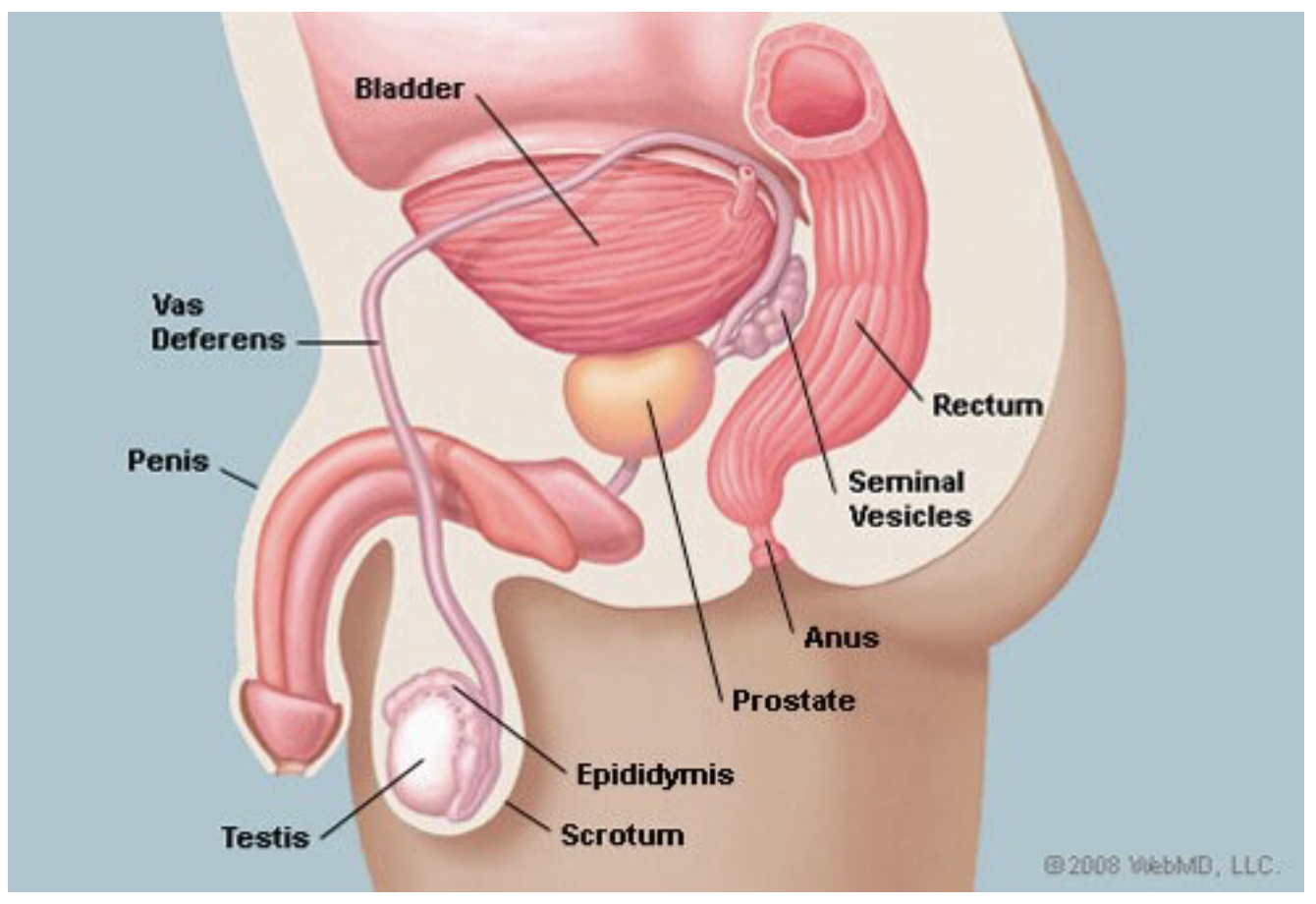
What does your prostate gland do?
The prostate gland is a little gland just below the bladder. It sits around the uretha, this is the tube which will carry your urine from the bladder to the penis. The prostate produces some of the fluid contained in your semen. This liquid contains hormones and enzymes which help keep your semen healthy, making it a very important gland for your fertility. The prostate is about the size of a walnut, but will grow as you age. By the time you are 40 it will be the size of an apricot and by the time you are 60 it will be the size of a lemon. This is normal, but can sometimes cause problems, the most common one being something called BPH – benign prostatic hyperplasia. This is not cancer, it is common and cannot be prevented. Some stats:
- Some 8 out of every 10 men eventually develop an enlarged prostate.
- About 90% of men over the age of 85 will have BPH.
- About 30% of men will find their symptoms bothersome.

The symptoms to watch out for
An enlarged prostate can be picked up with regular checkups from the doctor and keeping an eye out for symptoms:
Your bladder doesn’t empty completely after you pee
You feel the need to go, out of the blue with no sensation of build-up
Your urination may stop and start several times
You have to strain to get any flow going
An enlarged prostate doesn’t mean you will have problems, it is different for each person. Your doctor will keep an eye on it and suggest some changes which will help: lifestyle & healthy diet changes.
What foods should you be eating more regularly to ensure you give your prostate the best chance of good health?
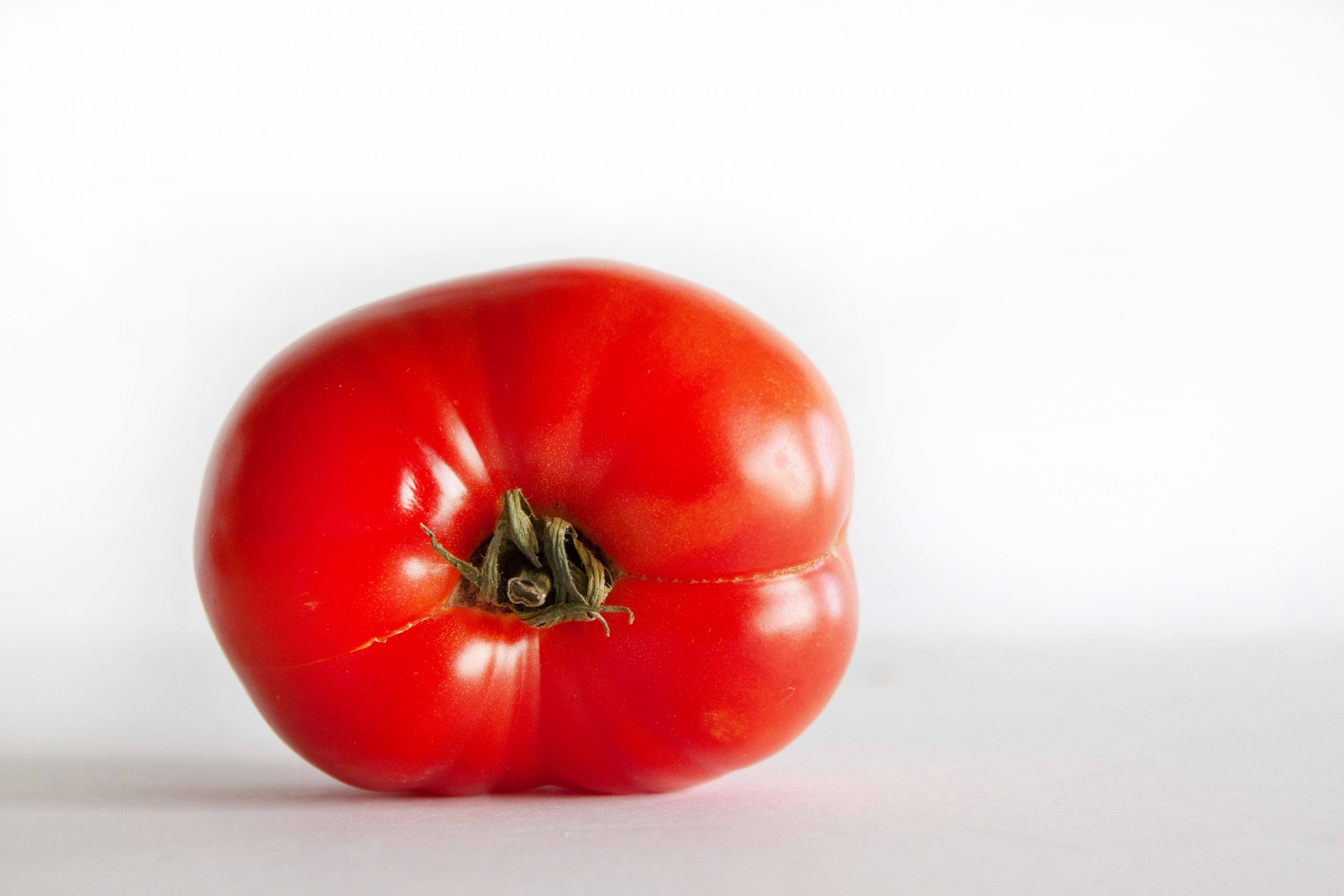
Tomatoes
Tomatoes contain an antioxidant called Lycopene. This has shown to slow down cancer cell growth and decrease cell damage. In 24 different reviews, research showed men who ate more tomatoes were less likely to develop prostate cancer.
Tip: Lycopene sticks to the cell walls of raw tomatoes and is harder for the body to access, so eating cooked tomatoes helps the body access the antioxidant Lycopene easier.
Suggestions:
Tomato puree for pasta or drinking an ice cold glass of tomato juice in the morning.
Delicious!
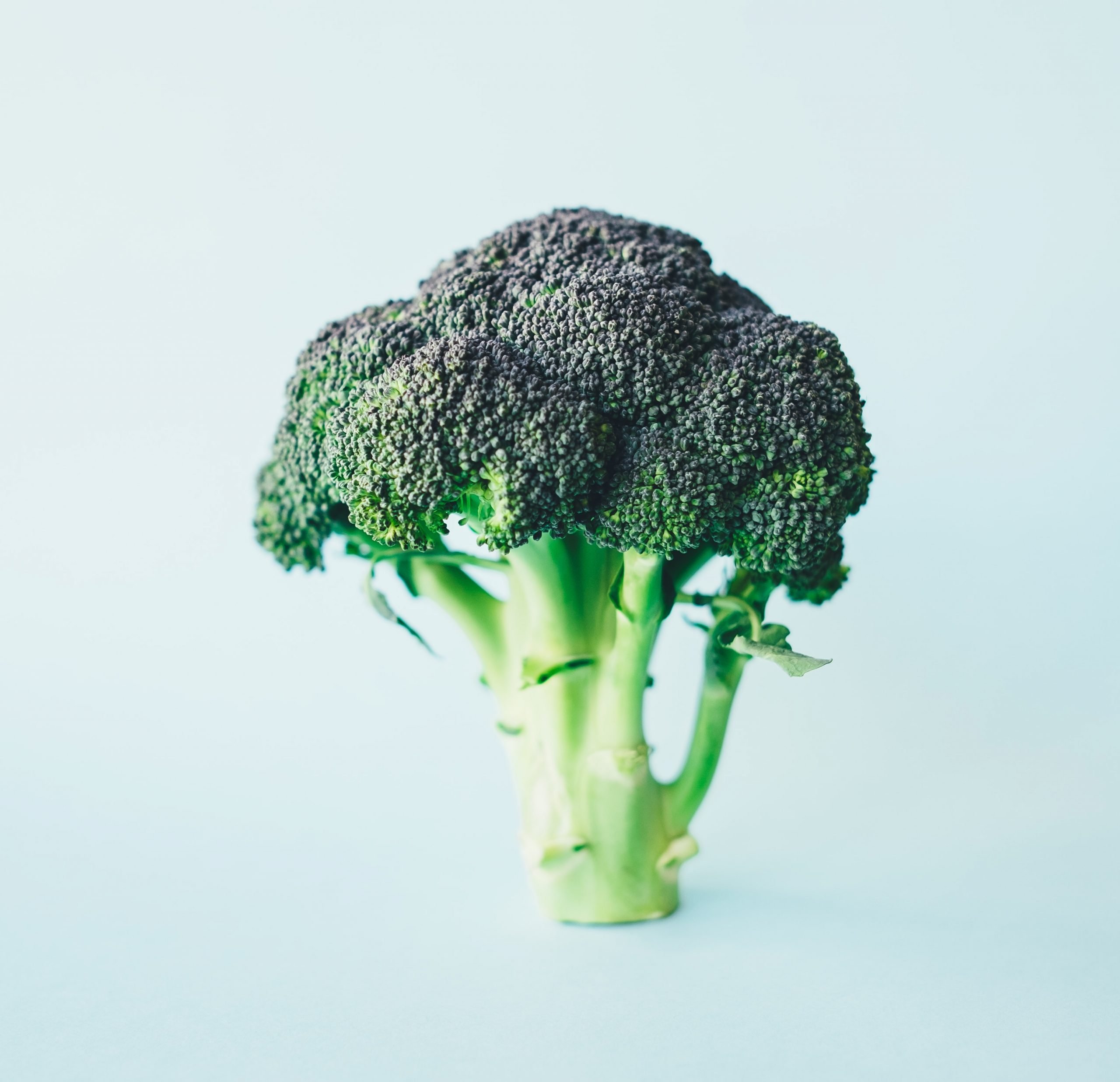
Broccoli
Broccoli falls into the cruciferous food group and this group contains concentrated levels of phytochemicals especially one called sulforaphane, which broccoli has in abundance. This chemical has powerful cancer targeting and killing properties.
Suggestions:
Broccoli has a reasonable fridge life, so buy it as fresh as you can. Chop it up and put it in a Tupperware to grab and add to any dish or salad. Remember it cooks really quickly and isn’t very tasty when overcooked.
Try adding it to pasta. Bake it in the oven and add it to salads or stir fries.
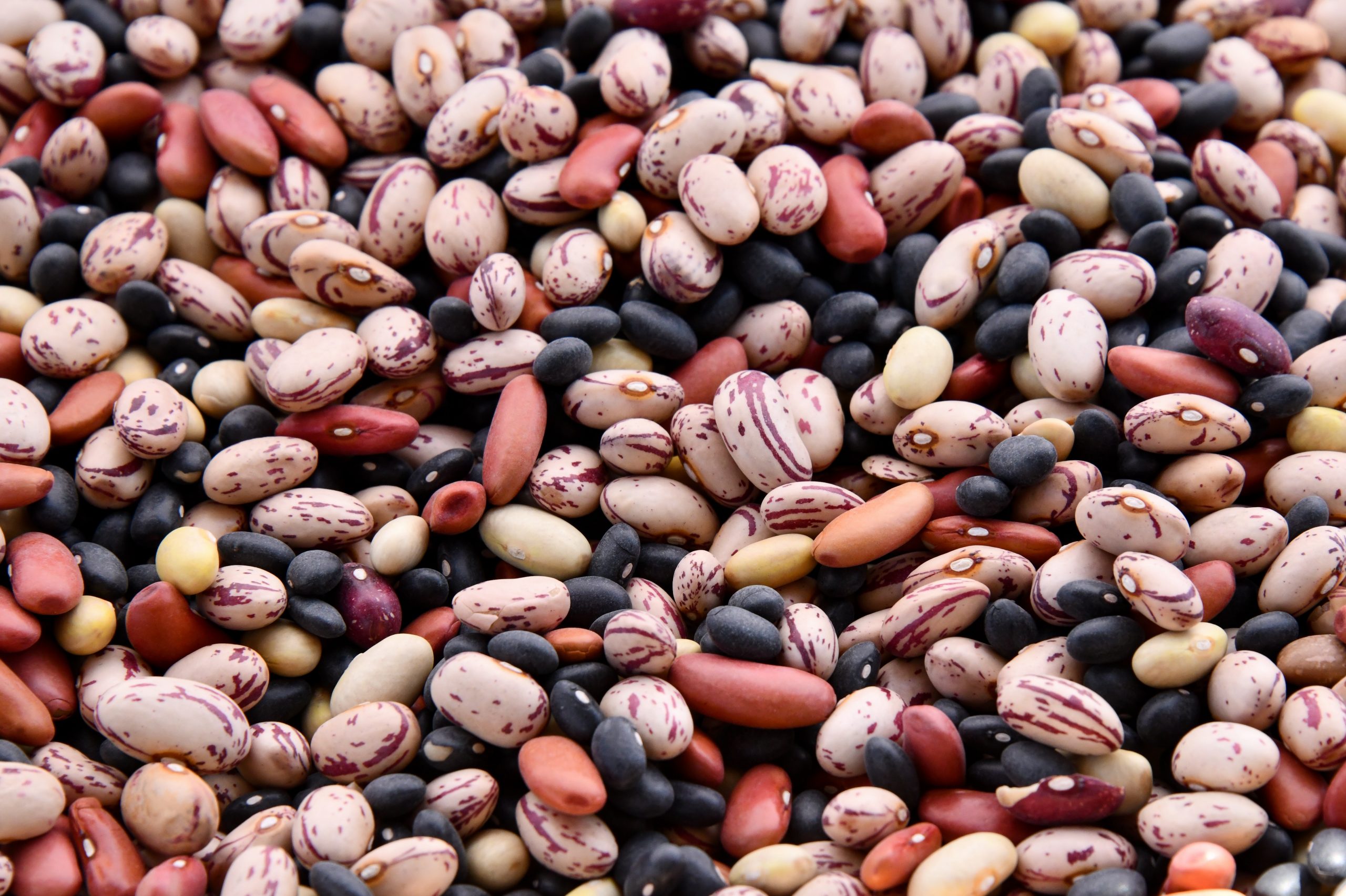
Legumes
Legumes include peanuts, beans and lentils. This food group contains a compound called Phytoestrogens. This cancer fighting compound has antioxidant properties and hormone regulating skills. Wherever hormones can be regulated and antioxidants are present you will have cancer fighting responses in action.
By adding legumes to your diet you can reduce your meat consumption. Meatless Mondays is a great start.
Suggestions:
Chickpea hummus, Indian dahl, salads made with lentils rather than rice, peanuts as a snack rather than chips, tofu marinaded in soy sauce and honey, then lightly fried till crispy.
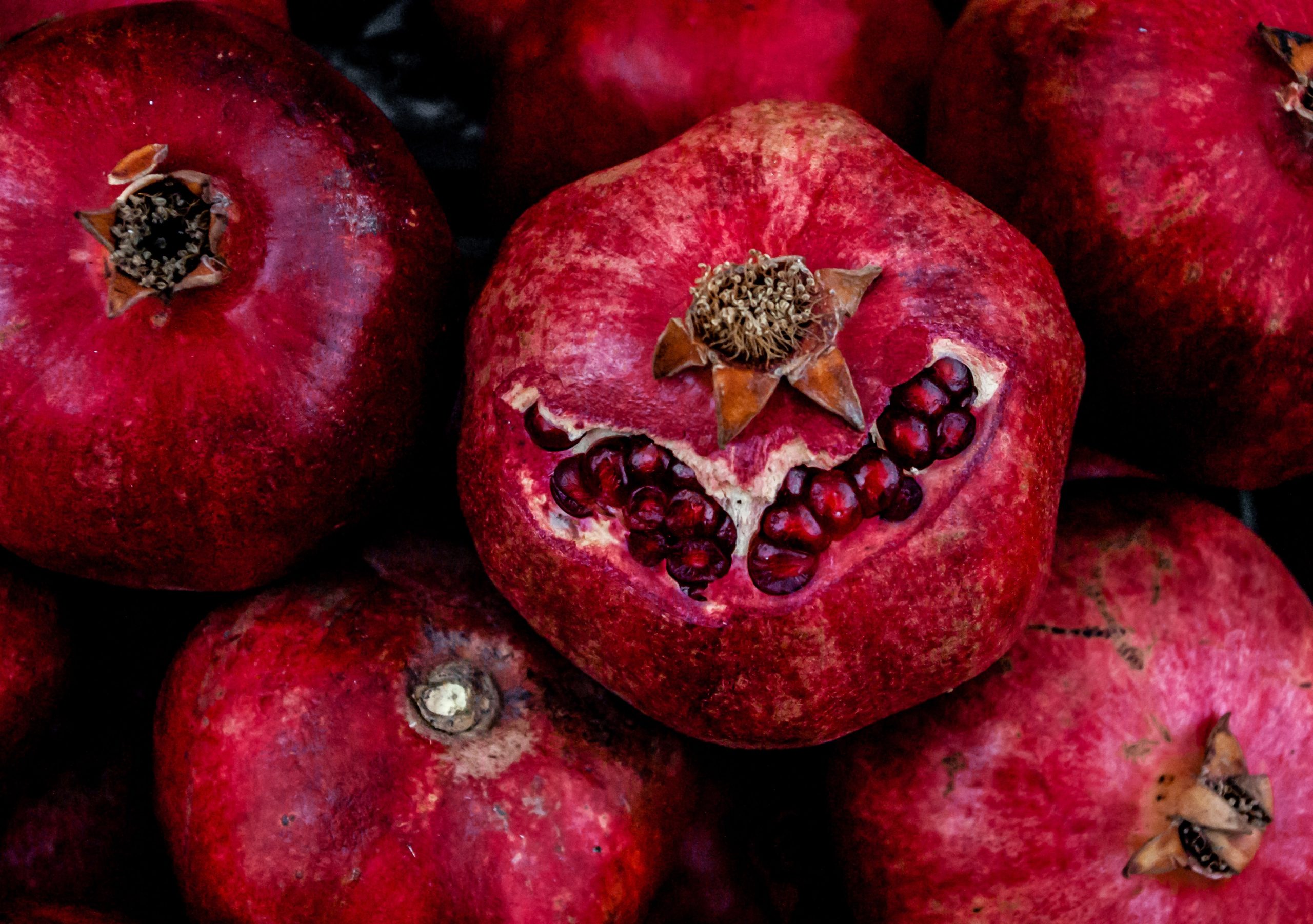
Pomegranate juice
Pomegranates are known as a superfood, packed full of antioxidants. All antioxidants help with chronic disease related to oxidative stress. This beautiful red fruit has shown to inhibit the escalation of prostate cancer cells, reduce inflammation and protect damage cells. Pomegranate juice has 3x more antioxidants than red wine and green tea.
Suggestions:
Try drinking it as a diluted juice or try mixing it with sparkling water and a slice of lemon after sport or before a Friday night at the pub. Sprinkle the seeds from the fruit over salads or steamed veg.
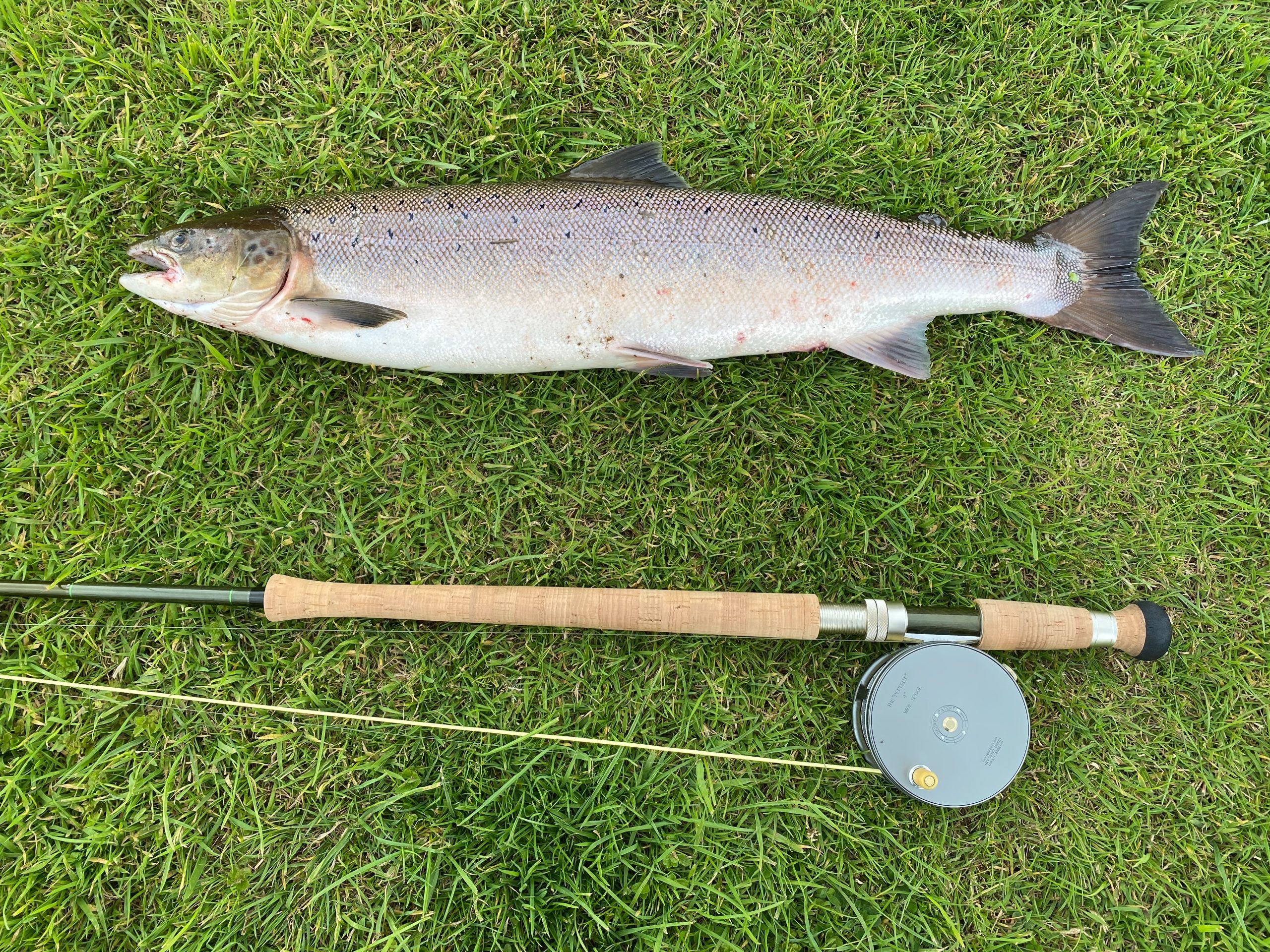
Fish
Omega 3 and omega 6 fatty acids are found only in our diets, our bodies can’t synthesise these. Our western diets have enough omega 6 but most of us are deficient in omega 3. Our bodies need a good balance between these two fatty acids to have good health. Everywhere you look the news is ‘eat more oily fish!’ This is not always easy to buy sustainably, afford or know how to cook. It is better to take a supplement to keep yourself well topped up. Talk to a good health specialist to get a reputable brand.
Having watched Seaspiracy, it is difficult to recommend different kinds of fish, however make sure you do buy your fish from a reputable supplier.
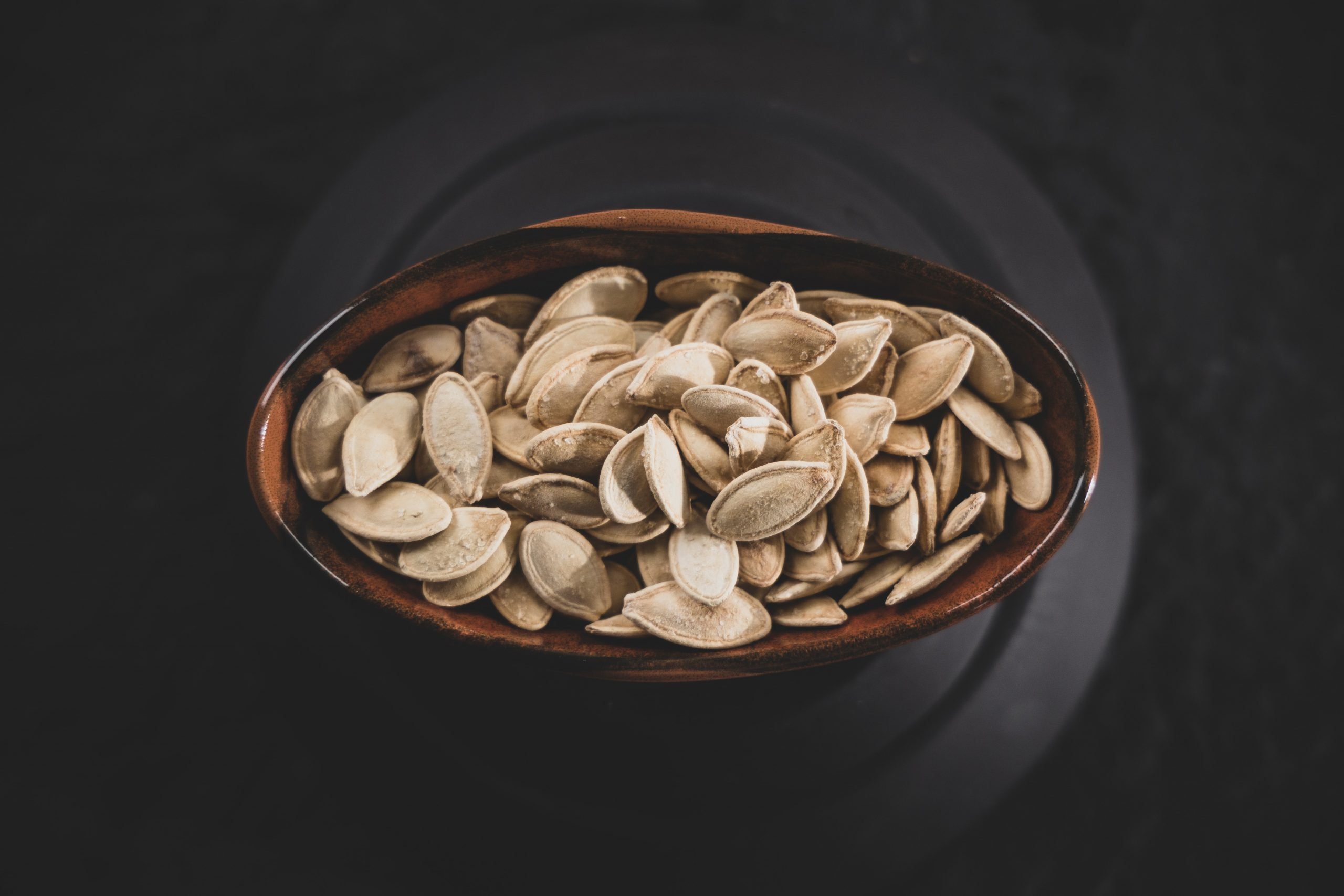
Seeds and nuts
Nuts and seeds are famous for their healthy fats promoting brain health and lower cholesterol. Brazil nuts come out tops for prostate health, they are high in selenium which helps fight prostate cancer. One Brazil nut contains 100% of you daily value of selenium. So remember less is more!
This is a portable snack or meal topper to get a cancer fighting addition to your daily diet.
Suggestions:
Pack a small container with nuts and seeds for snacks during the day, rather then reaching for sweets and chocolates. Toast pumpkins seeds and sunflower seeds, store in a container for a ready made sprinkle on veg and salads.
Look after yourself & your prostate
- avoid alcohol and caffeine, which can both make you urinate more often
- avoid spicy or acidic foods, which can irritate your bladder
- avoid drinking late in the evening to reduce the chances of having to urinate during the night
- avoid sitting or bicycling for too long, as these can irritate the prostate
- make sure you drink plenty of water to flush bacteria from your bladder
- increase the amount of fruit and fibre you eat to avoid constipation, which can put pressure on your bladder and your prostate
- avoid the unnecessary use of cold and allergy medicines such as decongestants and antihistamines, which can affect muscles in the bladder
- sit in a warm bath to ease symptoms

Written by Amanda Higgins – The Health Nut
www.ukhealthnut.co.uk
